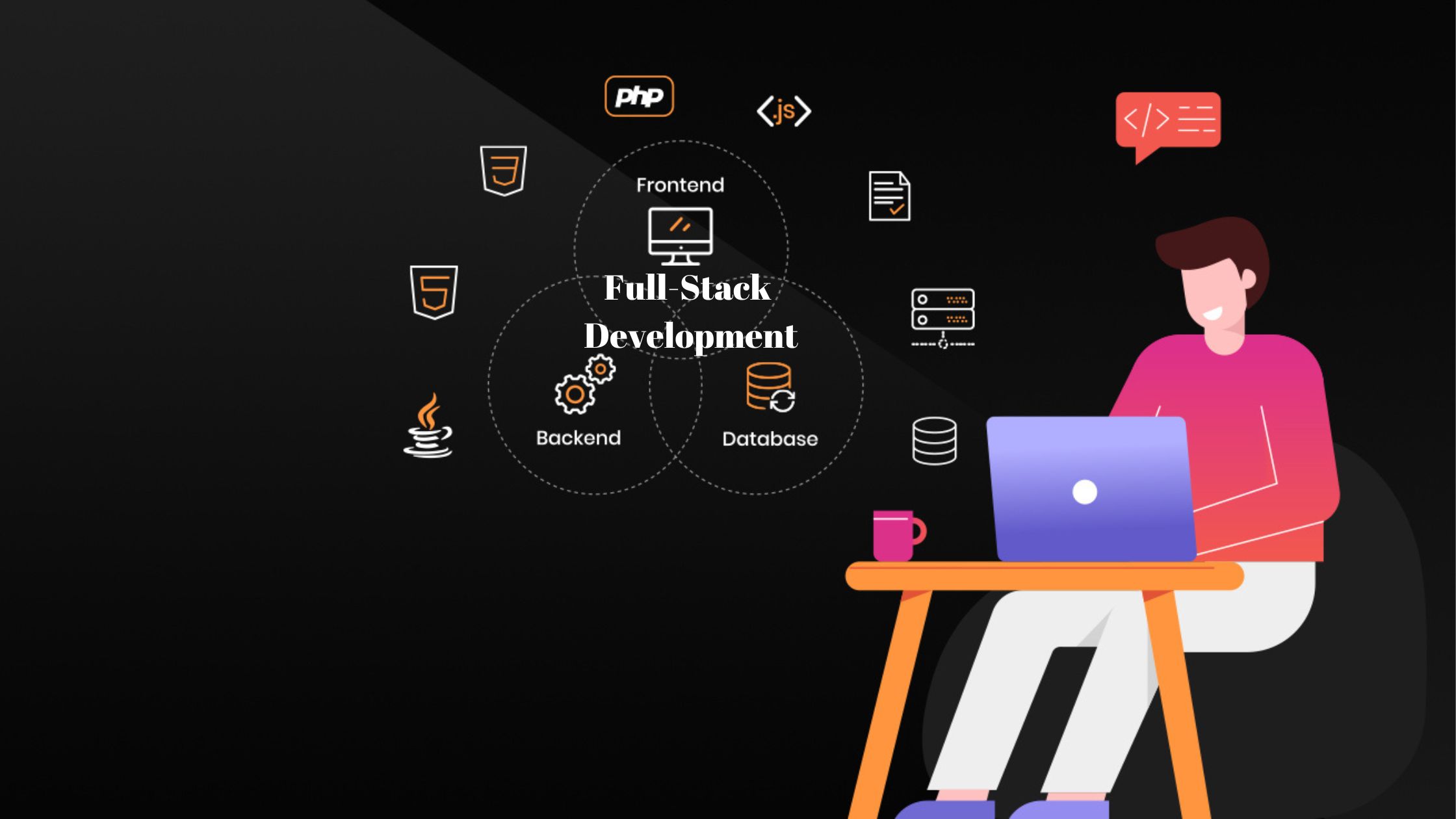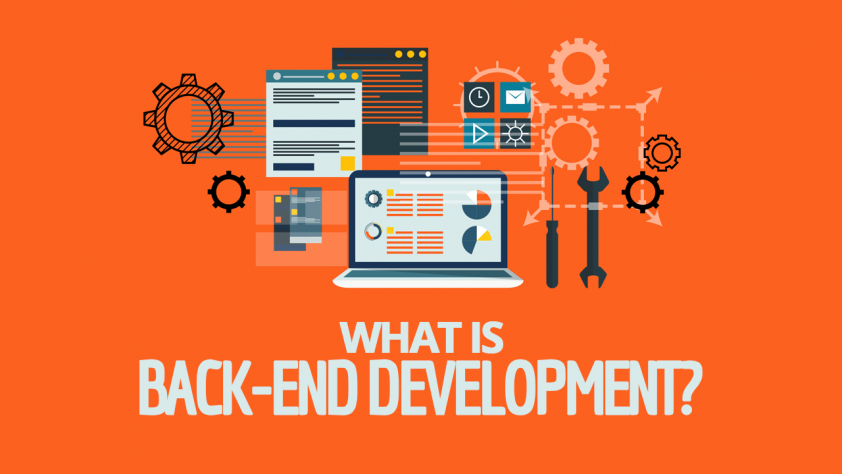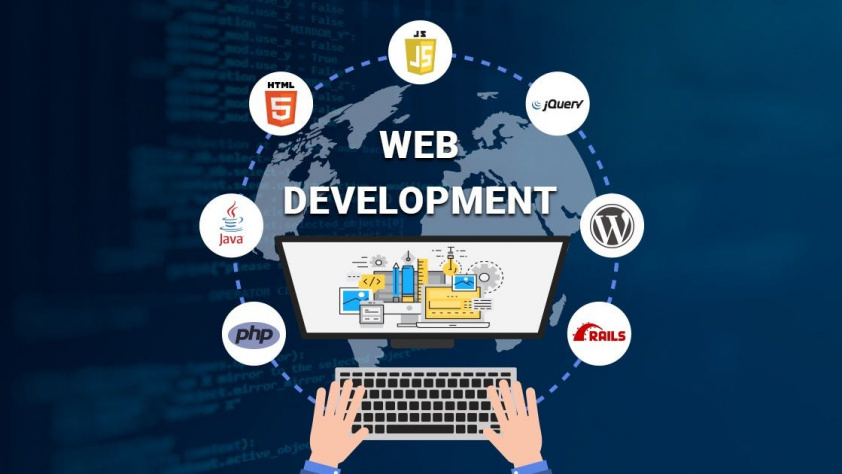Full-stack development is the practice of mastering both the front-end and back-end aspects of web development. It empowers developers to work on every layer of a web application, from creating user interfaces to managing server infrastructure and databases. In this extended exploration, we will delve deeper into full-stack development, emphasizing its significance in the ever-evolving world of software development, and we’ll outline the core skills and essential tools needed to become a proficient full-stack developer.
Defining Full-Stack Development
Full-stack development is a holistic approach to web development, where developers possess expertise in both the front-end and back-end domains. This expertise enables them to design, build, and maintain entire web applications independently or as part of a team. A full-stack developer serves as the bridge that connects these two crucial components of web development.
The Importance of Full-Stack Development
The digital landscape is marked by rapid advancements, and the demand for versatile, full-stack developers continues to grow. Here’s why full-stack development is essential:
- Versatility: Full-stack developers are versatile professionals who can seamlessly switch between different aspects of a project. This versatility is particularly valuable in small teams and startup environments where resources are limited.
- Efficiency: Full-stack developers can streamline the development process by eliminating communication barriers between front-end and back-end teams. This leads to efficient collaboration and faster project delivery.
- Problem Solving: Full-stack developers excel in problem-solving because they understand the entire stack. They can identify issues at any level and implement effective solutions, resulting in improved user experiences.
- Cost-Effectiveness: Organizations can save costs by hiring full-stack developers who can handle both front-end and back-end tasks. This reduces the need for multiple specialized developers.
Skills and Tools for Full-Stack Development
Becoming a proficient full-stack developer requires a well-rounded skill set and familiarity with various tools and technologies. Here’s a comprehensive overview of the core skills and essential tools for full-stack development:
- Front-End Development: Full-stack developers should excel in front-end technologies, including HTML, CSS, and JavaScript. Proficiency in modern JavaScript frameworks like React, Angular, or Vue.js is often expected.
- Back-End Development: They should have a strong grasp of server-side scripting languages like Python, PHP, or Node.js. Knowledge of back-end frameworks like Express.js, Django, or Ruby on Rails is beneficial.
- Databases: Understanding both SQL and NoSQL databases is crucial. Full-stack developers should be comfortable working with databases like MySQL, PostgreSQL, MongoDB, or Cassandra.
- Server Management: Familiarity with server management and deployment tools such as Docker, Nginx, Apache, and cloud platforms like AWS, Azure, or Google Cloud is vital.
- Version Control: Proficiency in version control systems like Git ensures efficient collaboration and code management.
- Web Security: Full-stack developers should be well-versed in web security practices to protect applications from vulnerabilities and attacks.
- APIs (Application Programming Interfaces): Understanding how to create and consume APIs is essential for integrating different parts of a web application and interacting with external services.
In summary, full-stack development is a multifaceted discipline that empowers developers to oversee the complete web development process. By mastering front-end and back-end technologies, along with a diverse set of tools and skills, full-stack developers are well-equipped to deliver comprehensive, efficient, and dynamic web solutions in today’s ever-evolving digital landscape. Their ability to bridge the gap between the front-end and back-end ensures the successful development of web applications that meet the demands of modern users.



